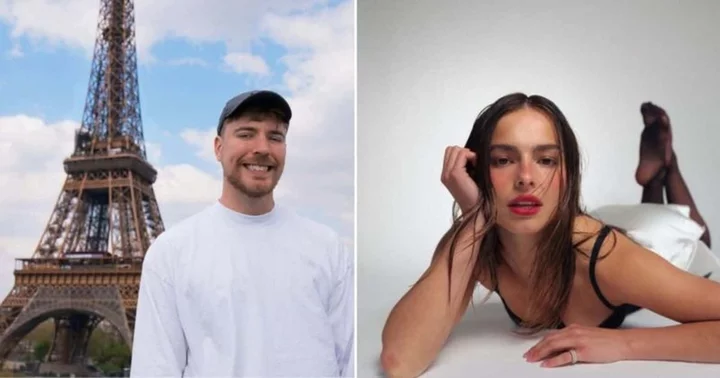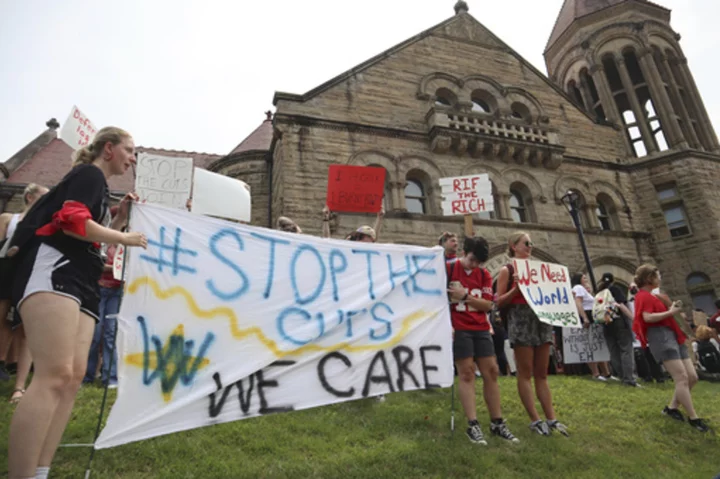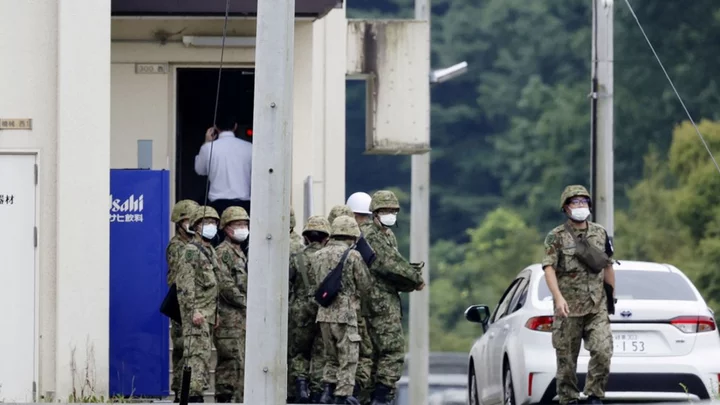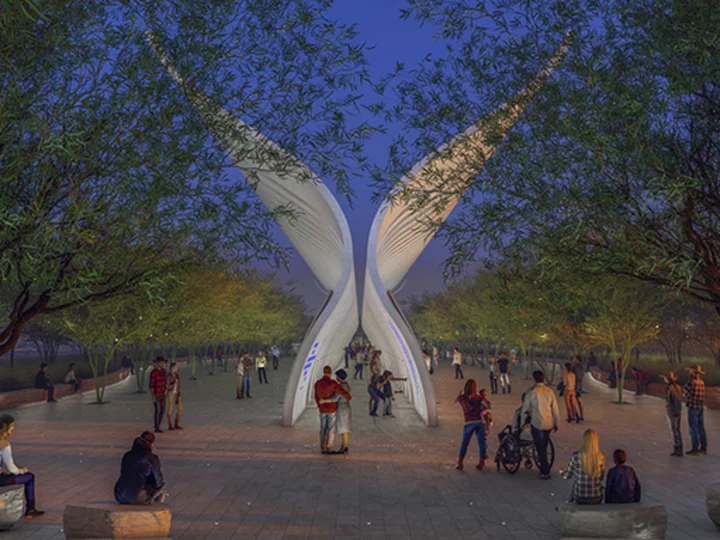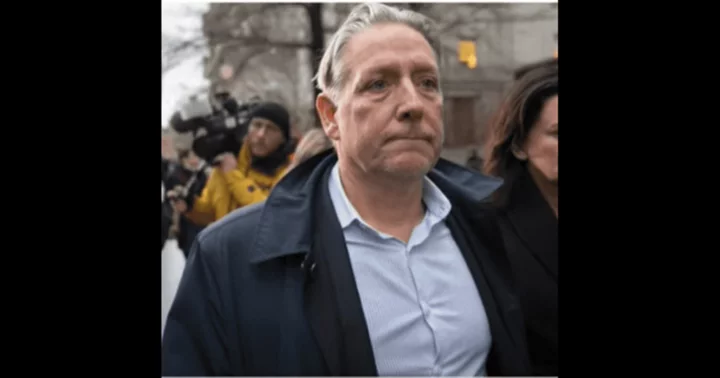Northwestern has been added to a long list of American universities to face a scandal in athletics and may eventually join the trend of making large payouts following allegations of sexual abuse.
A former Wildcats football player filed the first lawsuit against Pat Fitzgerald and members of the school’s leadership on Tuesday, seeking damages stemming from a hazing scandal that cost the former football coach his job.
More lawsuits, filed by multiple law firms, are expected to follow from former football and baseball players as well as from student-athletes who played other sports for the private school.
The private, Big Ten institution now has another thing in common with other schools in the conference, including Penn State, Michigan State, Ohio State, Michigan and Minnesota, with a scandal tied to sexual abuse.
And, connection may be costly.
At least eight former Northwestern football players have retained attorneys following recent revelations that led to Fitzgerald’s firing and sharp criticism of university leadership for its initial response to the allegations.
Civil rights attorney Ben Crump and the Chicago-based Levin & Perconti law firm have scheduled a news conference Wednesday morning in Chicago with former Northwestern athletes. Crump has represented the families of George Floyd and others in high-profile civil rights cases.
Criminal charges are also possible.
Illinois, like nearly all states in recent decades, has criminalized hazing. It is typically a Class A misdemeanor, which can carry up to one year in prison. Under Illinois law, failure of a school official to report hazing is also a crime — a misdemeanor — and can carry a maximum penalty of between six months and a year in prison.
A “hazing prevention” page on Northwestern’s website includes descriptions of Illinois hazing laws.
Cincinnati-based attorney Tim Burke, who has no ties to the Northwestern lawsuit, said the civil litigation can take many years to resolve because of complex legal issues, the numbers of potential plaintiffs and the voluminous evidence.
“More than a decade is not out of the range of possibilities,” Burke said. “But Northwestern is not going to want this to go on that long."
In a letter to Northwestern’s faculty and staff, Schill wrote that an outside firm will be hired to evaluate how the school detects threats to student-athletes’ welfare and to examine the athletics culture in Evanston, Illinois, and its relationship to academics at the prestigious institution.
Northwestern fired Fitzgerald last week after a university investigation found allegations of hazing by 11 current or former players, including “forced participation, nudity and sexualized acts of a degrading nature,” Schill wrote.
After the school initially suspended Fitzgerald, The Daily Northwestern published an article including allegations from a former player who described specific instances of hazing and abuse and suggested he may have been aware.
Fitzgerald, who led Northwestern for 17 seasons and was a star linebacker for the Wildcats, has maintained he had no knowledge of the hazing. Fitzgerald said after being fired that he was working with his agent, Bryan Harlan and his lawyer, Dan Webb, to “protect my rights in accordance with the law.” An emailed statement Tuesday from Fitzgerald’s defense team quoted Webb, as saying, “the complaint has no validity as to Coach Fitzgerald and we will aggressively defend against these allegations with facts and evidence.” Webb, a former U.S. attorney, has been one of the most sought-after private lawyers in the country for decades.
A former Northwestern football player, identified in the lawsuit as John Doe, alleged Tuesday in the Cook County Court in Chicago that Fitzgerald, Northwestern University President Michael Schill, the board of trustees and athletic director Derrick Gragg enabled and concealed sexual misconduct and racial discrimination.
The player, who was on the football team from 2018 to 2022, had his filing submitted by the Chicago-based Salvi Law Firm.
“It wasn’t just confined to one bad actor,” attorney Parker Stinar said in an interview with The Associated Press.
The lawsuit's allegations include an accusation that Fitzgerald enabled a culture of racism, including forcing players of color to cut their hair and behave differently to be more in line with the “Wildcat Way.”
___
AP Legal Affairs Writer Michael Tarm, Associated Press writer Mike Householder and AP College Football Writer Ralph D. Russo contributed to this report.
___
Follow Larry Lage on Twitter at https://twitter.com/larrylage
___
AP college football: https://apnews.com/hub/college-football and https://twitter.com/ap_top25





